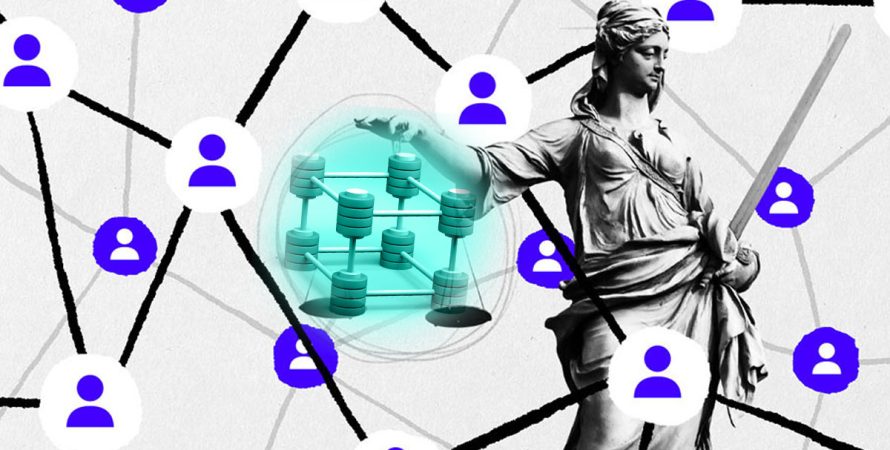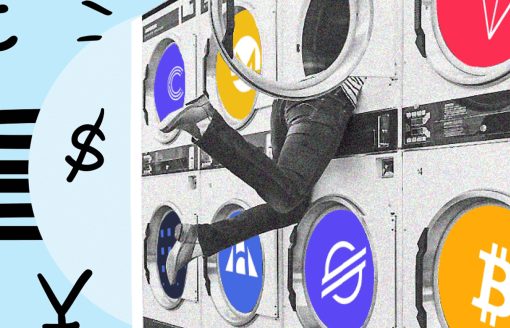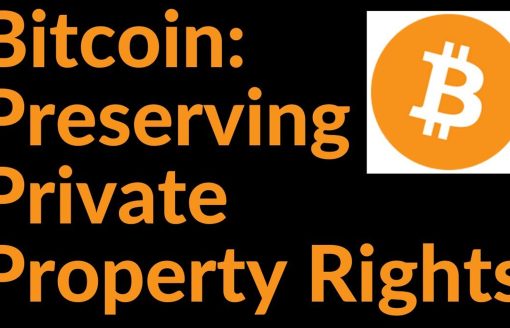How are decisions made for billion-dollar protocols like Uniswap, Maker, and PancakeSwap? The answer, in part, is through governance tokens.
Blockchain technology has opened up a world of new possibilities. From decentralized finance (DeFi) to digital scarcity and ownership through NFTs, there’s been an explosion of innovation around products, services, and platforms.
Cryptoeconomics and tokenization are unlocking new models for organization and ownership. The products, services, and platforms emerging from these new models are user-owned and operated, built for and by the communities they serve. These communities are composed of individuals from all parts of the globe, with diverse backgrounds and skillsets.
These global communities are exploring new and innovative ways to build products, foster community, and exchange value using blockchain technology, while confronting new challenges around coordination, governance, and decision making.
In order to address these new and novel coordination challenges in earnest, these communities are adopting new and novel tools with which to make meaningful decisions across time, space, and language.
Enter governance tokens.
What are governance tokens?
Governance tokens represent ownership in a decentralized protocol. They provide token holders with certain rights that influence a protocol’s direction. This could include which new products or features to develop, how to spend a budget, which integrations or partnerships should be pursued, and more.
Support CryptoCaster with any amount of Bitcoin by copying and pasting our Unstoppable Domain; villagewest.crypto in your sending wallet or crypto coin exchange.
Your contribution support will help in our growth, coverage, and global presence. CryptoCaster is a decentralized publisher “Covering a Global Evolution Re-defining Mediums Of Exchange”. We will continue to upgrade and create impactful sections to our lineup.
Any amount, as often as you can contribute will be greatly appreciated.
Every contribution, however big or small, is so valuable for our future. Thank you for your consideration and support!
Member of Global Meta Media Consortium℠ – www.g2mc.world
Generally speaking, exercising this influence can take two forms. First, governance token holders can propose changes through a formal proposal submission process. If certain criteria are met and the proposal goes to a vote, governance token holders can use their tokens to vote on the proposed changes. The specific mechanisms and processes through which these rights are exercised differ across protocols.
In the presence of flat and distributed ownership, as well as the absence of defined leadership like that of traditional hierarchical organizations, governance tokens are an essential decision-making mechanism for decentralized autonomous organizations (DAOs).
How do governance tokens work?
In traditional corporations, a concentrated executive body—typically some combination of a C-Suite, board of directors, and shareholders—has sole discretion over decisions pertaining to the organization’s strategic direction.
DAOs differ from traditional corporations in that they don’t have a centralized group of decision-makers; but they still need to make decisions that influence the organization’s future.
DAOs make these decisions through a formally defined governance process involving proposals and community votes. While DAOs employ many flavors of governance, a common feature that they all share is the governance token. By virtue of living on the blockchain, governance tokens connote certain characteristics, such as immutable ownership and transparent distribution, that makes them ideally suited to distributed decision making.
When a DAO proposal goes to a vote, governance token holders have the opportunity to place their own vote on-chain. Typically, the weight carried by a token holder’s vote is proportionate to the number of tokens they hold. For example, if Alice holds 100 tokens and Bob holds 50 tokens, Alice carries twice as much voting power as Bob. Some DAOs employ different voting schemas such as quadratic voting, in order to make voting more equitable.
What’s so special about governance tokens?
Governance tokens fall under the umbrella of utility tokens. In short, a utility token can be used to exercise certain rights or to access products/services offered by a protocol. The utility conferred by governance tokens is the right to influence a protocol’s direction. There are many examples of this in DeFi protocols, such as Uniswap (UNI) and Compound (COMP).
Governance tokens represent the main utility token of DeFi protocols and are the precursor to full decentralization. Governance tokens are the first cryptocurrencies to represent voting on a blockchain by distributing the power of making major platform decisions from a centralized structure to an entire community. This is because token holders are not only users, but also owners of the protocol. Read More at Decrypt![]()
Please Read Essential Disclaimer Information Here.
© 2024 Crypto Caster provides information. CryptoCaster.world does not provide investment advice. Do your research before taking a market position on the purchase of cryptocurrency and other asset classes. Past performance of any asset is not indicative of future results. All rights reserved.
Contribute to CryptoCaster℠ Via Metamask or favorite wallet. Send Coin/Token to Addresses Provided Below.
Thank you!
BTC – bc1qgdnd752esyl4jv6nhz3ypuzwa6wav9wuzaeg9g
ETH – 0x7D8D76E60bFF59c5295Aa1b39D651f6735D6413D
MATIC – 0x7D8D76E60bFF59c5295Aa1b39D651f6735D6413D
LITECOIN – ltc1qxsgp5fykl0007hnwgl93zr9vngwd2jxwlddvqt






